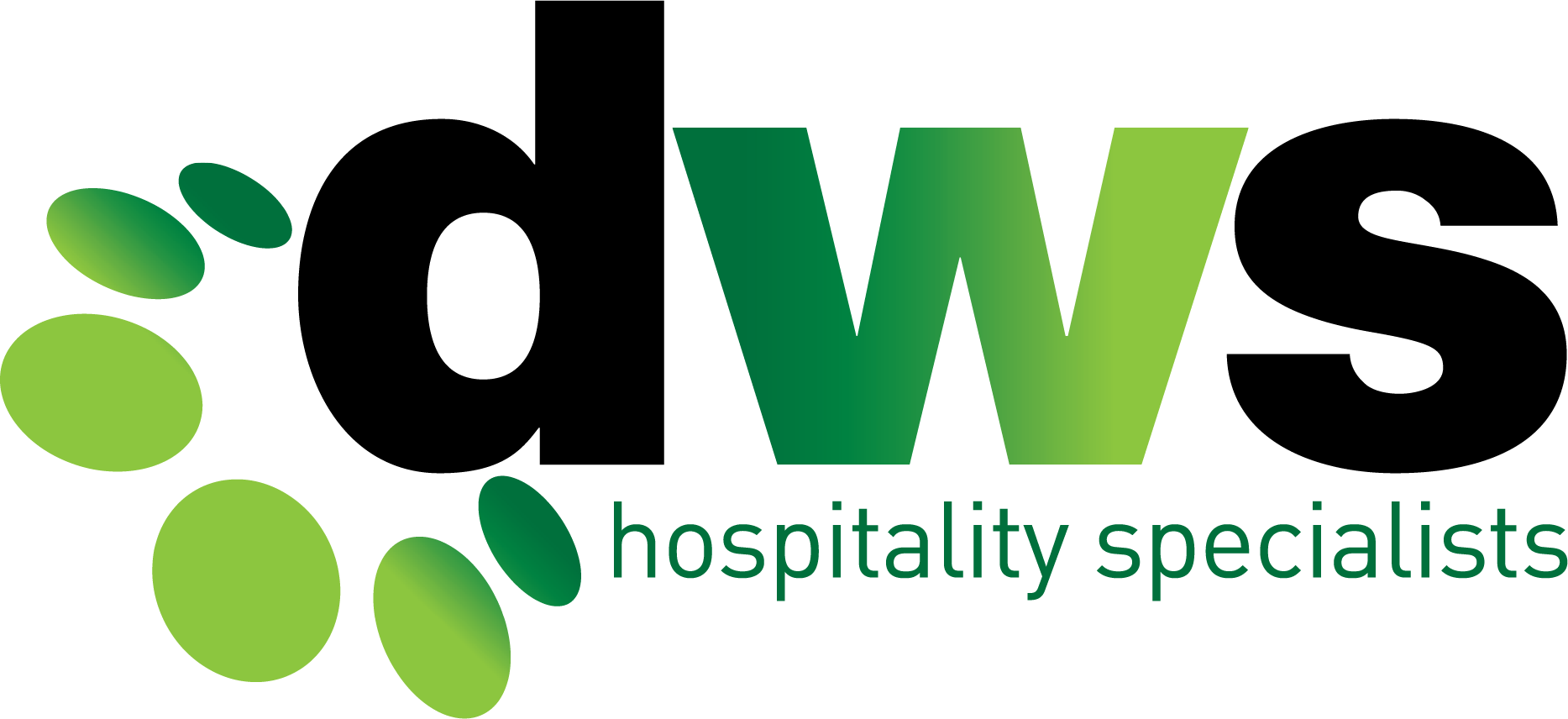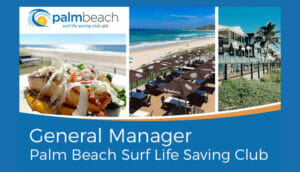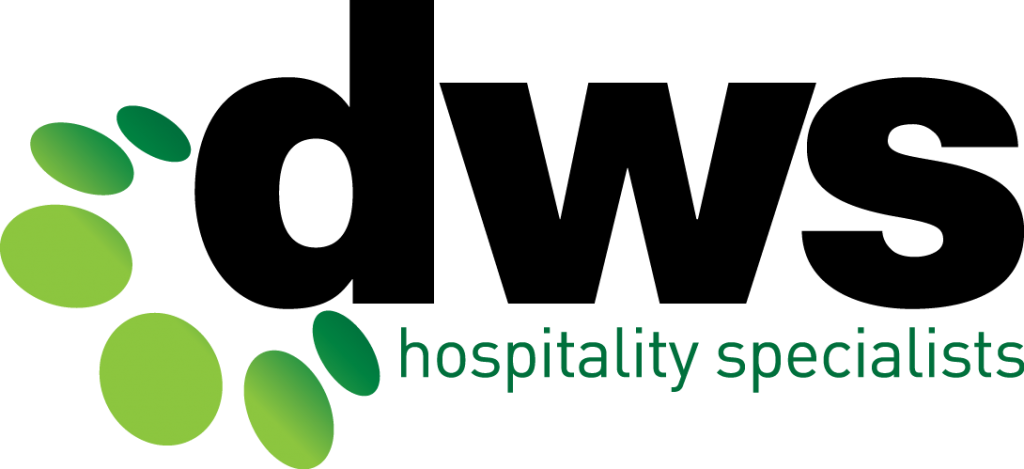Is your venue ready?
Amongst everything your venue has in the works as we approach the silly season, have you had the opportunity to review the upcoming changes to food safety requirements? From Friday December 8th 2023, any member of your team that handles food products in your organisation must have nationally certified Food Safety Training.
If you’d like more information, please head to CTA Training Specialists’ for details about our online Food Safety Courses.
Why are Food Safety Standards changing?
The tools introduced in Standard 3.2.2A aim to strengthen food safety in food service settings, ensuring your business is managing food safety risks more effectively and helping to prevent foodborne illnesses and outbreaks.
The standard aims to do the following:
- Address critical food safety risks.
- Food safety standards are consistent across Australia.
- Strengthens skills, knowledge and supervision of food safety processes.
- Improves business’ tools for managing food safety.
What Tools do I need to comply with the new food safety standards?
Don’t leave your training to the last minute! Review the upcoming requirements below to determine what your organisation are required to have in place, ensuring your organisation is compliant with the new food safety standards:

Have a qualified Food Safety Supervisor reasonably available to supervise food handlers. A Food Safety Supervisor must be a person who has a recognized and formal certification obtained in the last 5 years.

Ensure all Food Handlers are trained in food safety and hygiene, gaining an understanding of safe food handling processes, contamination risks, cleaning procedures of food premises and equipment and personal hygiene.

Businesses must keep records or demonstrate that requirements for safely receiving, storing, processing, displaying and transporting potentially hazardous food, and cleaning procedures are being maintained.
What is a Category One and Category Two Business
Examples of Category One and Category Two Business’ are provided below:
Category One Business
A Category One Business is a business that processes and serves food that is potentially hazardous and ready to eat.
Examples of a Category One Business are clubs, pubs, hotels, restaurants, takeaways, mobile food vendors, caterers, bakeries, childcare centres, aged care centres, hospitals and school canteens.
Tools required: (1) (2) (3)
Category Two Business
Businesses that sell food they have not made or processed (excluding slicing, weighing, repacking, reheating or hot holding) that is potentially hazardous and ready to eat.
Examples of a Category Two Business include delis, supermarkets, service stations and seafood retailers.
Tools required: (1) (2)
Individual or Group Training Options
To ensure your organisation is compliant with the new food safety requirements, CTA Training Specialists can tailor food safety training packages to suit your organisation. As a leading Registered Training Organisation with over 30 years’ experience, CTA Training Specialists offer education solutions for various industries including hospitality, retail, aged care, childcare and hospitals.
Unsure what your organisation needs? Don’t hesitate to reach out to us via email or phone and our Training Specialists’ will be happy to assist:
(07) 3878 7291
What does ‘reasonably available’ mean?
‘Reasonably available’ generally means that the Food Safety Supervisor physically works on-site and oversees the day-to-day food handling operations of the food business.
Essentially, a Food Safety Supervisor should be located on the premises whenever food handling of high-risk unpackaged foods is being undertaken or should be easily contactable.





